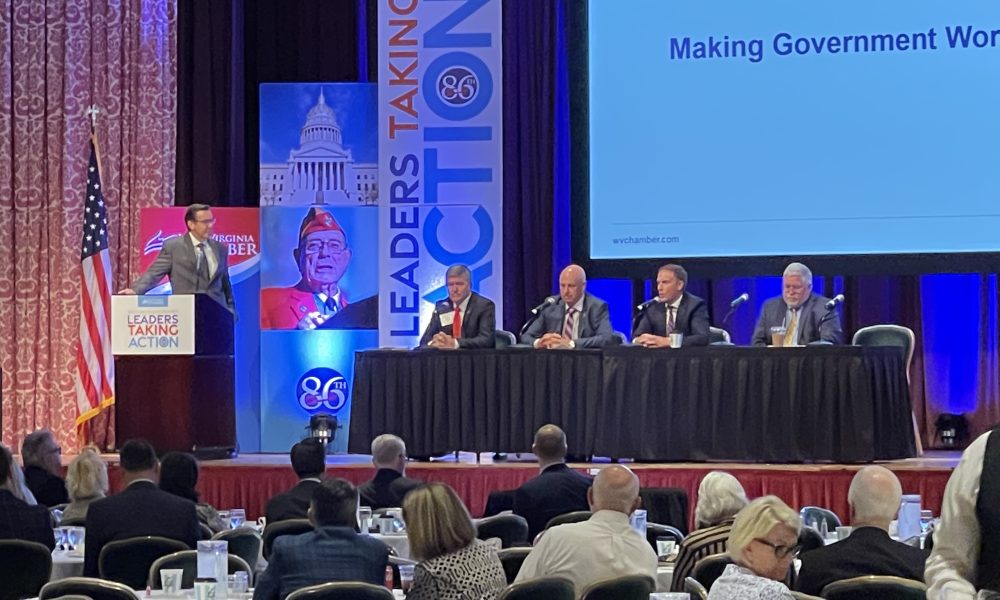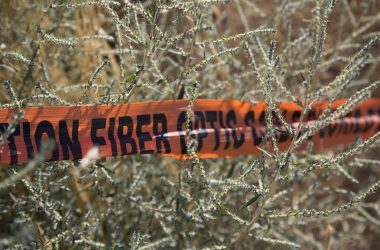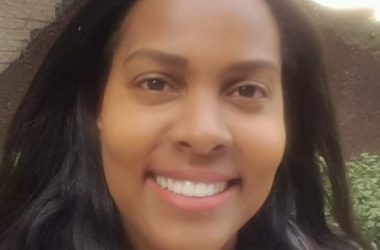By Matt Young, West Virginia Press Association News Sharing
WHITE SULPHUR SPRINGS, W.Va. – “Making Government Work for You,” a panel discussion featuring several of West Virginia’s elected officials, highlighted the final day of the 86th annual Chamber Business Meeting & Summit at the Greenbrier Resort.
Auditor John B. McCuskey, Attorney General Patrick Morrisey, Commissioner of Agriculture Kent Leonhardt, and Secretary of State Mac Warner were joined on stage by moderator and former State Supreme Court Justice Evan Jenkins for the panel.
“There is a team of people – our constitutional officers – that are doing work that has incredible impact on our ability to do business and invest in West Virginia,” Jenkins began. “These four gentlemen are doing that each and every day.”
Jenkins added his belief that while McCuskey, Morrisey, Leonhardt and Warner are not career-politicians, “they are making a career out of serving West Virginia.”
McCuskey, who was the first panelist to offer his remarks, told those in attendance, “We are at a place now where businesses look at us and they say ‘their (W.Va.) laws are good.’”
McCuskey credited the current administration – specifically Mike Graney and Mitch Carmichael of the Department of Economic Development – for placing “the eyes of America on West Virginia.”
“What are we going to do to make sure that our bureaucracy has the correct size, scope, and effectiveness?” McCuskey asked. “The answer to that question is that we have to recommit ourselves to being a data-driven organization. We have to understand why we succeed, and we have to understand why we fail.”
“We have to measure twice and cut once,” McCuskey added. “And unfortunately in state government, we very frequently cut twice and never measure at all.”
According to McCuskey, data-analysis and artificial intelligence are the solutions to bureaucratic-bloating. McCuskey also explained how his office has recently completed implementation of the first “artificial intelligence fraud-monitoring system in the United States.”
“We are running 20,000 transactions a day through our data-robot custom platform,” McCuskey noted. “And I can tell you we found our first two anomalies just this week in a non-human-driven way.”
“We have to – as leaders – be able to humbly say ‘we’re not doing it as well as we could.’” McCuskey concluded. “The first step is to say ‘we could be doing this better.’ The second step is to design your data collection – we have to understand what we want to know, when we want to know, and why we want to know it. And lastly, we have to change our process. We have to stop this constant drive to make everything cost more.”
Next to speak was Leonhardt, who told the audience, “I hope you all enjoyed your meals here at the Greenbrier, and they were abundant and safe – you’re welcome.”
“I say that on behalf of the entire Department of Agriculture,” Leonhardt added. “When the pandemic hit, the food was being grown, but you started to notice some shortages that happened. The supply chain just dropped. And we’re still in that same problem with the trucking industry right now.”
Leonhardt explained how “keeping agriculture open” in West Virginia, as well as working with the Department of Transportation and local growers to shorten the supply chain, saved the state from suffering the crippling shortages experienced in other parts of the country.
“We’re doing those food manufacturing things to shorten that chain,” Leonhardt noted. “And it’s also creating economic activity within the State of West Virginia, as well – and it’s returning a little bit of revenue to our farmers.”
The panel’s third speaker, Attorney General Patrick Morrisey – who has faced recent criticism from House-Republicans regarding his opinions on the enforceability of West Virginia’s current abortion code – was praised by Jenkins for his work on the case of W.Va. v. EPA.
“His (Morrisey’s) leadership on this issue – the coalition he built – will be transformational in terms of the federal government sticking to the rule of law and stopping federal regulatory overreach,” Jenkins said. “Thank you, Patrick.”
“I think this has been the most impactful year in the AG’s office since I’ve been there,” Morrisey said, before providing a brief overview of his approach to the job, saying, “Big things are happening, action is occurring – you want to pay attention.”
“Every year we try to accomplish six-to-eight really big things,” Morrisey explained. “And we do it through three major buckets. One, we defend your state laws. We have to keep West Virginia running. Our office needs to run like a Swiss watch, and generally it does.”
“Second bucket… really big in West Virginia in 2022 – fighting the opioid epidemic,” Morrisey continued. “This has been a groundbreaking year. Right now we’re poised to have over $500 million in our West Virginia First Foundation. This will be real ‘lead on the target’ in attacking the opioid epidemic holistically.”
“Final bucket… chasing down federal overreach,” Morrisey concluded. “Many of you know that’s a big passion of mine – one of the major reasons I ran for Attorney General.”
Morrisey further explained his belief that it is Congress, not “unelected bureaucrats,” that gets to make “the fundamental decisions in our society.”
The panel’s final presenter, Secretary of State Mac Warner, then spoke of his preparations for the upcoming November 8 elections.
“Elections have to be free and fair,” Warner began. “That’s the job I’ve got as the state’s chief elections officer.”
Warner explained that several other states “have problems in the confidence the people have in their elections,” adding that these problems began as a result of the COVID-19 pandemic.
“But COVID doesn’t give you the right to change the rules simply because you’re facing a pandemic or a hurricane or something else,” Warner said. “You maintain confidence through the rule of law. Our legislature has done a magnificent job. We have moved to the top tier across the United States in election confidence because we have great laws that balance access versus security. We need both of those to have confidence.”
“When you have confidence in the elections, you have confidence in the leaders,” Warner added. “When you don’t have confidence in the elections, you don’t have confidence in the leaders. So if the legislature says you’ve got to stand on your head to cast your vote, then it’s my job to make sure you stand on your head to cast your vote.”
In conclusion, Warner said, “West Virginia has turned the corner. We’re on the rebound, and we’re moving up. I’m energized, and I’m thrilled with where we’re going as a state.”





